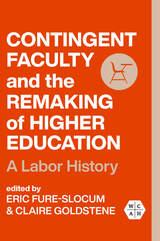4 start with T start with T
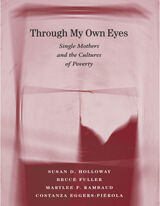
Shirl is a single mother who urges her son's baby-sitter to swat him when he misbehaves. Helena went back to work to get off welfare, then quit to be with her small daughter. Kathy was making good money but got into cocaine and had to give up her two-year-old son during her rehabilitation. Pundits, politicians, and social critics have plenty to say about such women and their behavior. But in this book, for the first time, we hear what these women have to say for themselves. An eye-opening--and heart-rending--account from the front lines of poverty, Through My Own Eyes offers a firsthand look at how single mothers with the slimmest of resources manage from day to day. We witness their struggles to balance work and motherhood and watch as they negotiate a bewildering maze of child-care and social agencies.
For three years the authors followed the lives of fourteen women from poor Boston neighborhoods, all of whom had young children and had been receiving welfare intermittently. We learn how these women keep their families on firm footing and try--frequently in vain--to gain ground. We hear how they find child-care and what they expect from it, as well as what the childcare providers have to say about serving low-income families. Holloway and Fuller view these lives in the context of family policy issues touching on the disintegration of inner cities, welfare reform, early childhood and "pro-choice" poverty programs.
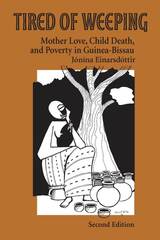
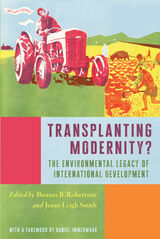
Calls for an Honest Reckoning of the Successes, Failures, and Unanticipated Results of International Developments
In general, “development” denotes movement or growth toward something better in the future. International development—widespread in the decades following World War II—was an effort at purposeful change in landscapes around the world. Contributors to this volume argue that these projects constituted an effort to transplant modernity, such as knowledge or technology, from places seen as more developed to places perceived as un- or underdeveloped. During its heyday, international development included not just dams, roads, health programs, and agricultural projects but also animal husbandry schemes, urban development, and wildlife protection plans. Projects often succeeded or failed because of existing environmental conditions, and in turn, these programs remade—or tried to remake—the land, water, wildlife, and people around them. From American-directed failures in water engineering in Afghanistan to the impact of livestock epidemics on economic growth in East Africa, the chapters in Transplanting Modernity question how science, technology, and faith in Western notions of progress have influenced the pace, scope, and scale of development.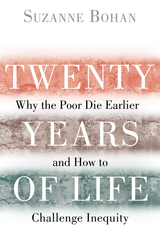
Bohan chronicles a bold experiment to challenge this inequity. The California Endowment, one of the nation’s largest health foundations, is upending the old-school, top-down charity model and investing $1 billion over ten years to help distressed communities advocate for their own interests. This new approach to community change draws on the latent political power of residents and is driving reform both locally and in the state’s legislative chambers. If it can work in fourteen of California’s most challenging and diverse communities, it has the potential to work anywhere in the country.
Bohan introduces us to former street shooters with official government jobs; kids who convinced their city council members to build skate parks; students and parents who demanded fairer school discipline policies to keep kids in the classroom; urban farmers who pushed for permits to produce and sell their food; and a Native American tribe that revived its traditional forest management practices. Told with compassion and insight, their stories will fundamentally change how we think about the root causes of disease and the prospects for healing.
READERS
Browse our collection.
PUBLISHERS
See BiblioVault's publisher services.
STUDENT SERVICES
Files for college accessibility offices.
UChicago Accessibility Resources
home | accessibility | search | about | contact us
BiblioVault ® 2001 - 2024
The University of Chicago Press






